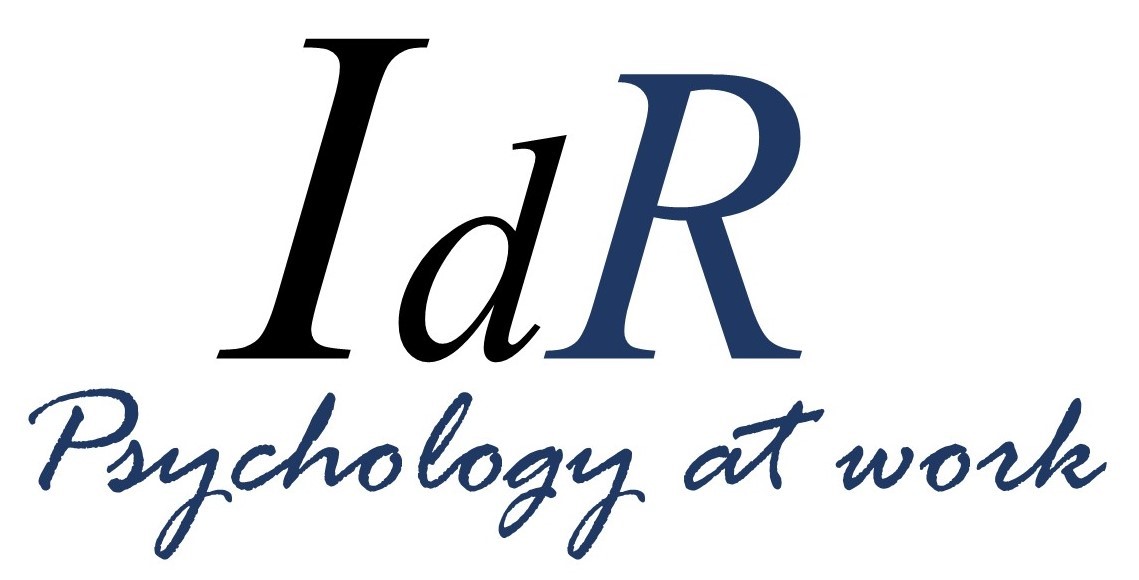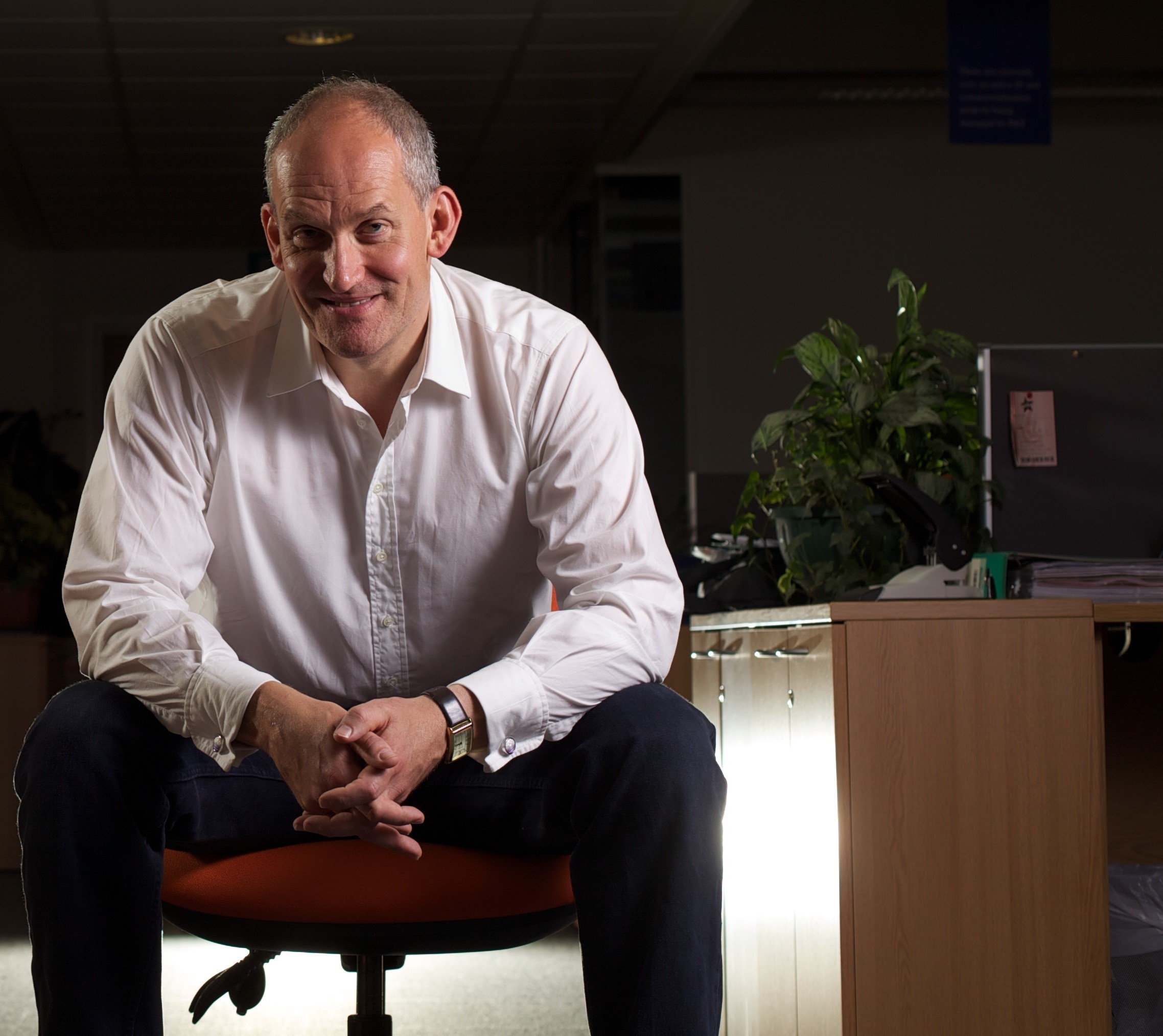Life in the Post Covid Office
“I might have known,” said Eeyore. “After all, one can’t complain. I have my friends. Somebody spoke to me only yesterday. And was it last week or the week before that Rabbit bumped into me and said ‘Bother!’. The Social Round. Always something going on.”
(A.A. Milne)
There are rather a lot of people doing somewhat better than Eeyore. They are having quite a good coronavirus, feeling secretly pleased with themselves and just a little guilty about things. After all, we are meant to be in a state of hardship; furloughed at best, probably angst ridden and missing our business colleagues.
Now
All the same, it’s quite pleasant starting work in your dressing gown; slurping tea and crunching toast, dropping crumbs on your laptop. You can break for Pop Master at 10.30 with an early lunch if you feel peckish. The kids are glad to see you and your partner; well, what did GBS say about the maximum of temptation combined with the maximum of opportunity? And you still finish all your work in time to sit in front of The Crown of an evening.
It isn’t that way for many people of course, but science is completely on the side of Douglas MacGregor’s Theory Y, in-so-much-as people respond to being allowed to do things their way. Tom Postmes explains that if you give people the resources to do the job, trust them to do it right and the autonomy to do it their way, the results will be terrific. Since 2003, my own work has shown that staff in their own space, when allowed to develop their own solutions, always come up with the most productive result, leaving trained managers and consultants floundering in their wake.
Then
So will there be a sea-change when the world emerges from its odd hibernation; now that Zoom is more than a retro ice lolly, and flexible working includes an afternoon nap followed by the determined purge of the inbox? Are we going to see a post-industrial working world of proper grown-ups, for the first time? Where the office is used as it should be; as a hub for information, socialising and resource gathering; as a welcoming base, a home from home? An office where staff arrive at times that allow them to do the job to their best abilities, taking holidays when they wish, changing their working environment to fit with their requirements? This is no soft option by the way; nobody is saying reduce targets.
Or will we instead revert to the bleeding edge of flexible and agile managerial practice, developed as recently as the mid-18th century by Josiah Wedgwood. Will we rebuild the glittering principles of lean, introduced by the same man and honed to its precise modern standards by Frederick Taylor in the Victorian era? Or shall we just infantilize the workforce instead and give them pool tables, ping-pong bats and slides to play with.
Lean, Biophilia, Six Sigma, and the use of populist psychometrics to inform office design, are all symptoms of the same nasty/nice continuum, where managers just look to buttress their control and push their untested heuristics onto relatively powerless staff’. And here is the entire list of peer-reviewed scientific articles that says this approach is a good idea. Ready:
References
That’s the lot.
Return or redemption
Only Business schools and business practice – supported by case-studies from within the impermeable business bubble – argue that the blunt and inexpert edge of current, and ever recycled, best practice cuts it. Science, in short, thinks Lean, Six Sigma etc. are rubbish.
So maybe, just maybe, we can start to treat workers like the grown-ups they really are. Science approves of this and there is overwhelming evidence that such an apporach works.
If I am honest, I don’t think we will change much. We will probably slide back into gobble-de-gook, feelgood accreditations and back slapping awards, all of which butter corporate egos but are otherwise, essentially useless. It is a safe bet that managers will once more belt themselves into the pilot’s chair and paper over the windscreen with spreadsheets that misguide them and their colleagues towards the usual wrong variables, notably – but not exclusively – the senseless eradication of ‘error’ and ‘waste’; both of which are essential to progress.
However, there are now tantalizing chinks of light that shine, almost illicitly, from behind some of the curtains of the coronavirus lockdown. Their tempting beams illuminating the path to workplace emancipation, well-being and profit. Please, follow them; we may never have this chance again.
Dr Craig Knight, Founding Director of Identity Realization Ltd


Dr. Craig Knight is Founder and Director of Identity Realization Limited (IDR), a commercial organization based in Scotland with strong connections to blue chip industry. Dr Knight retains research links with global universities. Working with various organizations, this combination of commercial focus and scientific application has seen Craig help realize increases in well-being of up to 40%, productivity of up to 32% and effective intelligence of up to 19%.
Craig’s focus is on evidence- based leadership, management and employee retention. IDR apply organizational solutions, drawn from applied, tested science, that directly benefit a client business, its employees and the bottom line. Craig is a Chartered Psychologist and a Registered Occupational Psychologist with the Health and Care Professions Council. He has operated at Director and Managing Director levels across business leadership, design and consultancy sectors since the last century.
Published, peer reviewed studies by Knight and colleagues consistently show that the most important factors in a successful working environment are:
- a willingness by leaders to fully engage with employee input into business processes
- the development of open decision making
- developing trust
Building this new dialogue between psychology, leadership and staff has been at the heart of television documentaries, academic discussion and commercial debate. IDR directly challenges existing leadership and management practices. The effects are rapid, positive, dramatic and long lasting.






